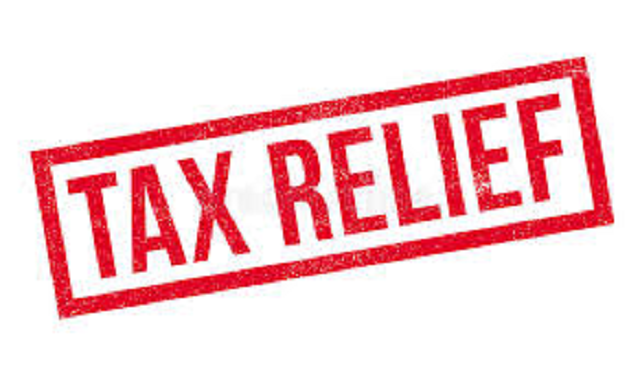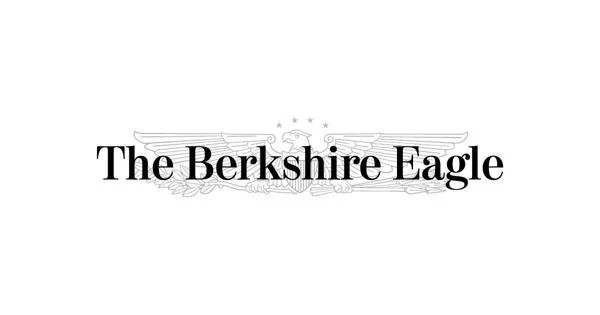Copyright bizwatchnigeria

When was the last time tax news actually sounded like good news? Well, for once, Nigeria’s taxpayers — especially low-income earners and small business owners — might have a reason to exhale. Starting January 1, 2026, the Federal Government will roll out 50 tax exemptions and reliefs under a sweeping set of new laws signed by President Bola Tinubu earlier this year. These changes, designed to simplify tax obligations and boost economic participation, could redefine how Nigerians view taxation — not as punishment, but as partnership. A Fresh Chapter in Nigeria’s Fiscal Story Let’s back up for a second. On June 26, Tinubu signed four major laws: Nigeria Tax Act (NTA) 2025 Nigeria Tax Administration Act (NTAA) 2025 Nigeria Revenue Service (Establishment) Act (NRSEA) 2025 Joint Revenue Board (Establishment) Act (JRBEA) 2025 These aren’t just bureaucratic tweaks. Together, they represent a fundamental rewrite of Nigeria’s fiscal DNA — the kind of reform economists have been quietly asking for over a decade. According to Wale Edun, Minister of Finance and Coordinating Minister of the Economy, the reforms are built to “improve business growth and strengthen the purchasing power of Nigerians.” In other words, this isn’t just about numbers on paper; it’s about putting more money back into people’s pockets. The Man Behind the Mission If you’ve followed Nigeria’s fiscal reform conversations, the name Taiwo Oyedele probably rings a bell. As Chairman of the Presidential Committee on Fiscal Policy and Tax Reforms, he’s been one of the most vocal advocates for a tax system that’s fair, efficient, and transparent. In a recent post on X (formerly Twitter), Oyedele explained that from 2026, the new regime would offer reliefs for low-income earners, average taxpayers, and small businesses — a triple win in a country where tax anxiety is practically a national sport. And truthfully, Nigerians need that relief. Inflation has eroded disposable income, small businesses are struggling under rising costs, and many citizens have long viewed taxation as a one-way street. This reform could be the turning point that changes that perception. Breaking Down the Benefits (Without the Bureaucratic Jargon) The reform package touches almost every taxpayer group — from individuals and SMEs to startups and even agribusinesses. Let’s unpack a few highlights. 1. Individuals Finally Catch a Break If you earn the national minimum wage or less, congratulations — you’re exempt from personal income tax (PAYE). Also, anyone making up to ₦1.2 million annually (roughly ₦800,000 in taxable income) is now exempt. There’s also a reduced tax rate for those earning around ₦20 million yearly. And in a thoughtful twist, gifts are no longer taxable — a small but symbolic nod toward a more humane tax culture. 2. Everyday Reliefs that Actually Make Sense From pension contributions to health insurance, housing loans, and even rent reliefs (20% of annual rent, capped at ₦500,000), these deductions reflect a more practical understanding of how Nigerians live and spend. There’s even relief for life insurance premiums and interest on owner-occupied residential loans — both long overdue in a country with a growing middle class yearning for stability. 3. Small Businesses Get the Spotlight Perhaps the most transformative change comes for small and medium-sized enterprises (SMEs). Businesses with annual turnover under ₦100 million and fixed assets below ₦250 million will now pay zero percent company income tax. Think about that: for thousands of micro-enterprises barely staying afloat, this could mean the difference between closing shop and scaling up. It doesn’t end there. Companies offering salary increases, transport subsidies, or hiring new employees will enjoy additional 50% deductions — a clear nudge toward job creation. Agriculture, one of Nigeria’s most promising but underfunded sectors, will enjoy a five-year tax holiday. That’s not policy fluff — that’s fuel for economic recovery. VAT, Withholding Tax, and Other Key Wins The Value Added Tax (VAT) structure also gets a human touch. Basic food items, education materials, pharmaceuticals, health services, and even baby products now attract zero VAT. It’s a recognition that essential goods shouldn’t carry the same fiscal weight as luxury items. Similarly, diesel, petrol, and solar power equipment — key to Nigeria’s fragile energy ecosystem — will either be VAT-free or enjoy suspended VAT. In the transport space, shared road transport and electric vehicles are now exempt — an encouraging nod to sustainability. Meanwhile, withholding taxes on small manufacturers and agricultural businesses have been scrapped entirely, freeing up vital cash flow that would’ve otherwise been trapped in red tape. Pensioners, Charities, and Startups Aren’t Left Out Under the new rules, pensioners, charitable organizations, and religious institutions that don’t operate commercially will also enjoy exemptions. Gains on shares under ₦150 million per year will be tax-free — and if reinvested, even higher gains will enjoy deferral. Startups labelled as eligible under the reform will receive incentives too, including tax-free gains from venture capital investments. That’s a big deal for Nigeria’s tech ecosystem, which has often complained about tax uncertainty scaring off investors. A Human Touch to Fiscal Education Interestingly, the government isn’t stopping at policy. Oyedele’s team is turning to social media influencers and content creators to help spread accurate tax information — a move that feels both modern and pragmatic. He urged Nigerians to nominate creators already educating their audiences or those who should take up the role. The top 20 influencers will undergo specialized training to promote accurate, balanced, and useful fiscal information online. “Misinformation spreads fast,” Oyedele noted. “Accurate information may travel slower, but it empowers everyone — and earns lasting trust.” In a digital age where tax myths circulate faster than official press releases, this might be the smartest line in the reform playbook. The Bigger Picture Sure, 50 exemptions sound like a bureaucratic mouthful, but the heart of these reforms is simple: make taxation fair, transparent, and growth-driven. For professionals, this means a more predictable tax environment. For entrepreneurs, it means better cash flow and incentives to expand. And for ordinary Nigerians, it signals something even rarer — a government that’s actually listening. So, as 2026 draws closer, the question isn’t whether the reforms will change the tax landscape — it’s how quickly Nigerians will start feeling the difference in their wallets and businesses. And maybe, just maybe, this is the fiscal reset the country has been waiting for.



